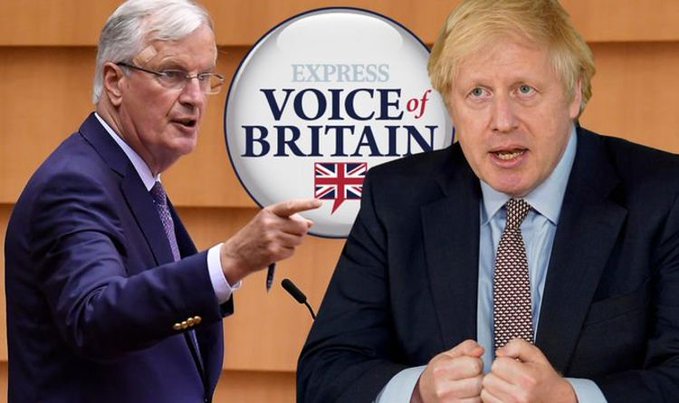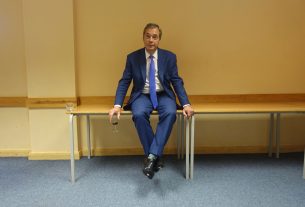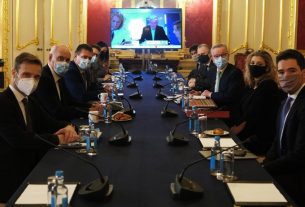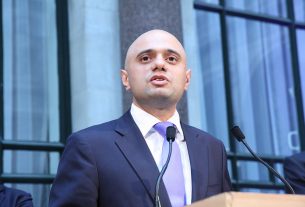With the clock to forge a trade deal between the UK and the EU ticking down, Downing Street has hinted in a Brexit talks update that current efforts may only produce an ‘outline’ of a future trade deal this year. Throughout the coronavirus pandemic, negotiations have been ongoing with little progress. It now appears that the UK has all but given up hope on reaching agreement on a more comprehensive deal making a non-deal outcome ever more likely.
A Downing Street spokesperson for Boris Johnson lowered expectations on Wednesday by stating that the UK government’s ambition was now to define and agree on the ‘outlines’ of a comprehensive future trade relationship between the UK and the EU. The main points of contention, including fishing rights, regulatory alignment, and state support, remain as the major stumbling blocks to reach an agreement.
This week in London, the sixth round of talks is underway with a statement and Brexit talks update expected on Thursday afternoon. Negotiators have been focusing on the ‘level playing field for open and fair competition, judicial cooperation and law enforcement, and trade in services and investment. Other items this week’s agenda are energy, security coordination, and transport.
The spokesperson for the PM insisted that a full trade agreement was the preferred option, however, not at any cost:
“Our preference is to leave with an FTA as long as it guarantees our political and economic independence, but we will make sure that we are prepared for all possible scenarios.”
“We have been clear, that discussions throughout this intensified process have continued to be constructive, but significant differences still remain on a number of important issues.”
The UK’s deadline to request an extension beyond the end of this year ran out at the end of June. Last month, Boris Johnson insisted that a deal was still possible. Negotiators on both sides continue to work toward reaching an agreement in autumn. This would allow for ratification at the end of this year, which marks the end of the transition period.
Whether Downing Street is hoping to intensify efforts in the hope of reaching a deal or eyeing up a no-deal outcome, remains unclear. Both sides are demanding significant shifts in long-held positions, accusing each other of an unwillingness to compromise.
According to the Telegraph, neither side is expecting a breakthrough this week with the UK government already asking businesses to start preparing to trade on WTO terms from January next year.
A source close to the UK negotiation team said:
“We wanted to get an agreement this month, but it’s clear from the EU side that’s not going to happen. That doesn’t mean we will stop talking, though.
“If an agreement isn’t reached this week, it’s likely that David Frost will offer more face-to-face talks next week on an informal basis. Then we would expect there to be more talks in the third week of August.”
Meanwhile, the EU believes a deal is possible as late as October, but that would allow the UK a mere matter of weeks to prepare for WTO terms if the negotiations fail.
WTO trading would involve customs checks and possible tariffs on goods from the start of next year.




